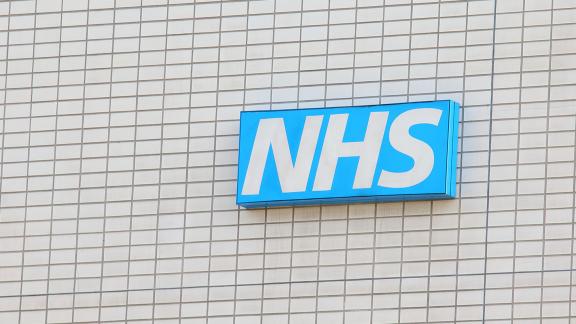Private investment models from around the world could be used to tackle NHS infrastructure woes, health leaders say

Private investment models from the around the world could be used in England to inject vital cash into the NHS for new infrastructure and 21st century healthcare facilities, according to a health leaders.
A new report from the NHS Confederation has identified seven public-private partnerships (PPPs) models used successfully in different countries which could be rolled out in England to increase capital investment in the NHS and tackle its infrastructure woes.
One option could be to use the government’s newly created National Wealth Fund, mirroring the Welsh government’s approach where the Welsh Development Bank has taken a stake in Cardiff’s Velindre Cancer Centre.
Decades of being starved of capital investment has left much of the NHS estate in disrepair, with crumbling and dilapidated buildings that can be unsafe for patients and staff and hamper the NHS from tackling waiting lists effectively.
The NHS Confederation is warning that the NHS will not be able to deliver the government’s promise to cut waiting times unless the government commits to allowing private capital investment to build modern healthcare facilities fit for the 21st century.
The Chancellor is expected to make a final decision at the upcoming autumn budget in November on whether to give the go ahead to a new wave of public-private partnerships (PPPs) in England that can be used by healthcare leaders to build the new neighbourhood health centres at the centre of the government’s Ten-Year Health Plan.
But the NHS Confederation is calling on the government to go further and allow public-private finance models for hospitals and wider NHS services, as well as it being one of the only ways to boost capital funding given the precarious state of public finances.
Matthew Taylor, chief executive of the NHS Confederation said:
“The NHS has suffered from chronic, decades long underfunding by successive governments in its estate and infrastructure. The result is a £14 billion maintenance backlog that hampers the delivery of safe and timely patient care. In some hospitals, as much as one day every week of staff time is wasted due to failing estate.
“To ensure the NHS can deliver on the ambitions of the government’s Ten-Year Health Plan, more capital investment is crucial. Private investment is one of the only ways to invest the capital sums needed to ensure quality 21st century healthcare facilities.
“This is not about resurrecting the old private finance initiatives (PFI) model but building a new model fit for the future, that learns from our own experiences and other countries. While there are justified criticisms of PFI, our report shows that we can learn the lessons and reap the benefits.
“We welcome the government’s commitment to considering a new public-private partnership (PPP) model for the NHS’s nascent neighbourhood health centres at the forthcoming Budget, but we need it go much further and promise the same to hospital trusts and other parts of the NHS.”
The NHS Confederation’s report – Towards a new co-investment model: what is next for NHS public-private partnerships? – finds that new private investment models can be a solution to the NHS’ capital woes. It sets out how PPPs are often better at delivering projects on time and draws on examples of other international models.
It outlines a series of recommendations to ensure new PPPs bring value for money for the taxpayer and the NHS, including:
- Developing a framework that sets the parameters for systems and trusts to develop their own PPP models to best meet their local circumstances;
- The Treasury should devise a process to ensure trusts have a suitable method for requesting building changes should the original investor sell their stake;
- Exploring using contract models from overseas where contract dispute has been minimal
The new report found that many of major new hospital builds in England would not exist without private investment and that very few new projects have been built with purely public funding.
While recent projects like the New Hospital Programme have faced delays and a lack of funding, most private projects have been delivered on time and budget, albeit with a cost for transferring risks to the private sector.
The report found that private finance brings speed and certainty and new investment at an increased borrowing cost and can often be better value for money in the long-term than public projects by reducing project delays and consequent cost overruns.
About us
We are the membership organisation that brings together, supports and speaks for the whole healthcare system in England, Wales and Northern Ireland. The members we represent employ 1.5 million staff, care for more than 1 million patients a day and control £150 billion of public expenditure. We promote collaboration and partnership working as the key to improving population health, delivering high-quality care and reducing health inequalities.



